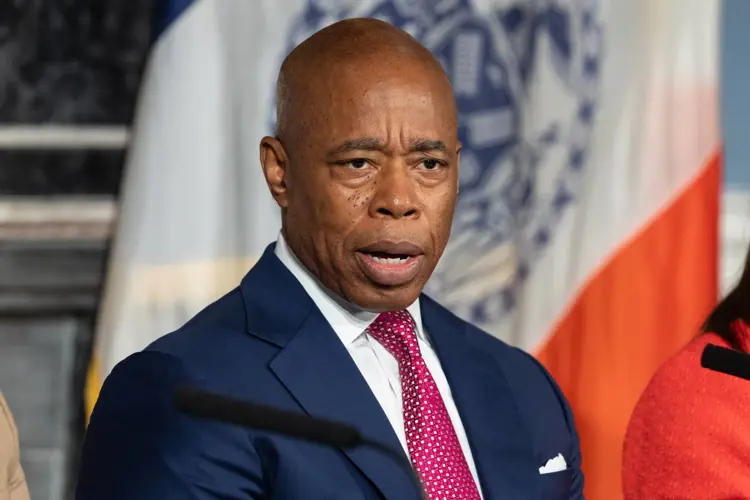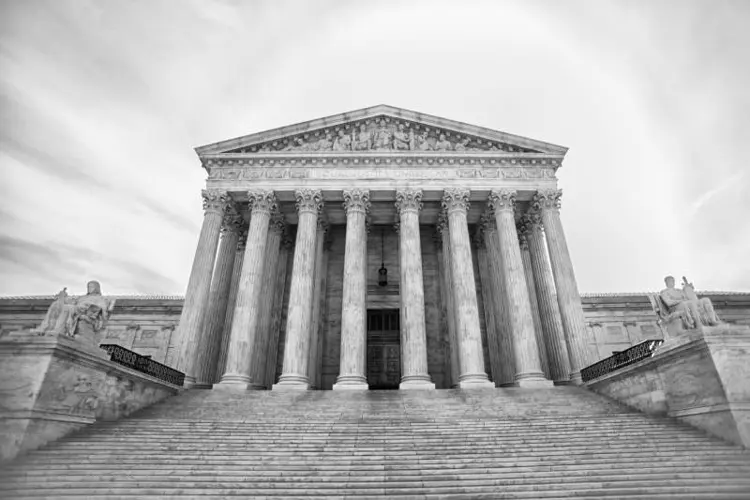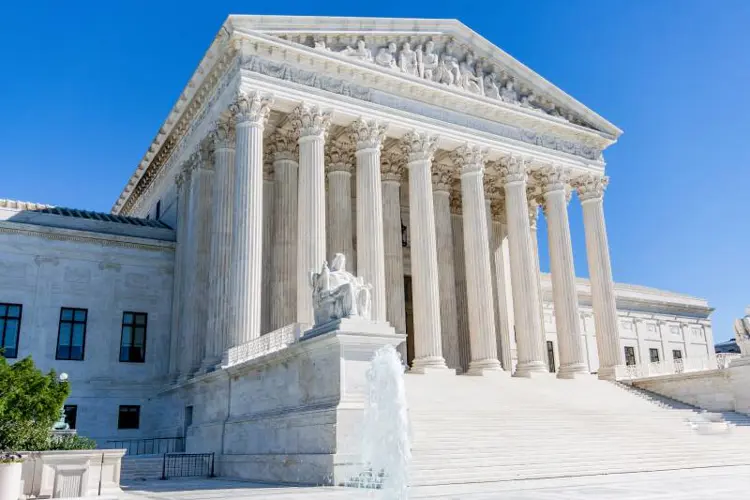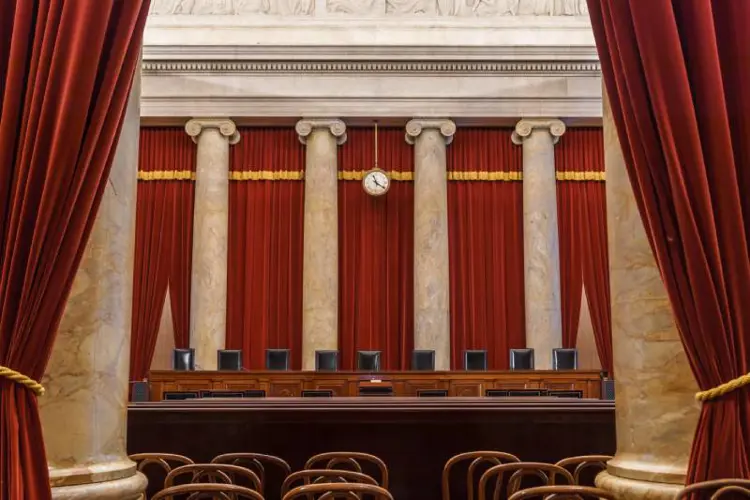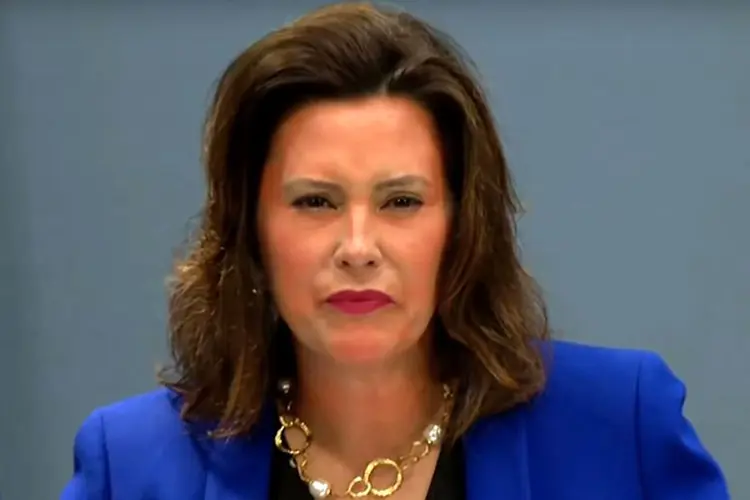Nov. 17 update On Nov. 15, U.S. District Court Judge Cathy Ann Bencivengo denied the plaintiffs' motion for a temporary injunction against the flavor ban law triggered by the passage of Proposition 31. According to Lexology, the decision was not unexpected. R.J. Reynolds and its fellow litigants filed a notice of appeal the same day.
Several R.J. Reynolds-affiliated tobacco and vapor companies have teamed up with San Diego-area retailers and a vape shop to challenge California Proposition 31 in federal court. The lawsuit was filed Wednesday—a day after California voters overwhelmingly approved Prop 31, which bans in-store sales of most flavored vaping and tobacco products.
The plaintiffs are asking the court to invalidate the law that voters approved Tuesday, which they say violates the Constitution’s supremacy and commerce clauses, and to permanently enjoin the state from enforcing the flavor ban. They’re also seeking a temporary injunction preventing the state from enacting the flavor ban until the action is settled.
California vape shop joins the tobacco industry lawsuit
The lawsuit was filed in the U.S. District Court for the Southern District of California. Listed as plaintiffs are R.J. Reynolds Tobacco Company, R.J. Reynolds Vapor Company, American Snuff Company, LLC, Santa Fe Natural Tobacco Company, Inc.; Modoral Brands Inc., Neighborhood Market Association, Inc., and Morija, LLC (Vapin’ the 619). (Except for the last two, all plaintiffs are subsidiaries of Reynolds American Inc., which is itself owned by British American Tobacco.)
The same plaintiffs filed a lawsuit in 2020 challenging the flavor ban passed by the California Assembly that year, but the legal actionwas dismissed by the court after the ban was postponed (a signature-gathering campaign successfully forced the law to a referendum). (Proposition 31 asked voters to approve the flavor ban that was passed by the Assembly in 2020.)
Reynolds says California flavor ban is preempted by federal law
Reynolds and its fellow plaintiffs say the California law is preempted by federal law, specifically the 2009 Tobacco Control Act (TCA), which prevents state and local governments from enacting tobacco product standards (although they are allowed to regulate sales). The plaintiffs say the flavor ban is a product standard.
Because federal law takes precedence, the plaintiffs argue that the California ban—because it is broader than the flavor restrictions Congress approved in the TCA—is illegal under the Constitution's Supremacy Clause. Congress granted the FDA sole authority to promulgate standards for tobacco products.
In fact, the California law approved by voters as Prop 31 prohibits the sale of all flavored vapor and heated tobacco products, including ones specifically authorized by the FDA as “appropriate for the protection of public health,” and even products already granted modified risk designation by federal regulators (menthol IQOS refills and flavored snus).
Reynolds also says California’s flavor ban attempts to regulate out-of-state manufacturers, violating the dormant Commerce Clause of the Constitution.
Mike is stoked he can still go into any state and buy legislation. https://t.co/0Q92lhyxat
— GrimmGreen (@GrimmGreen) November 9, 2022
Reynolds previously challenged a similar flavor ban passed by Los Angeles County and lost in court and again on appeal to the Ninth Circuit Court. That decision has been appealed to the U.S. Supreme Court, which has not yet decided whether to accept it.
Reynolds and its fellow plaintiffs acknowledged in Wednesday’s lawsuit that the district court is currently bound by the Ninth Circuit decision in the Los Angeles County case. But they argue it was wrongly decided (citing a dissenting opinion) and claim that, even under the Ninth Circuit’s interpretation of the preemption clause of the TCA, the California flavor ban qualifies as a requirement related to “tobacco product standards” because it explicitly regulates the manufacturing process.
American Vapor Manufacturers Association (AVM) President Amanda Wheeler told Vaping360 today that Washington, D.C. law firm Keller Heckman is preparing amicus briefs in support of both lawsuits on behalf of AVM and several California vaping retailers.
Critics of the lawsuit say Reynolds knows it cannot win the case, but is cynically postponing the ban for as long as possible in order to sell as many menthol cigarettes as possible before the law takes effect. Reynolds manufacturers Newport, the country’s top menthol cigarette brand.
The Freemax REXA PRO and REXA SMART are highly advanced pod vapes, offering seemingly endless features, beautiful touchscreens, and new DUOMAX pods.
The OXVA XLIM Pro 2 DNA is powered by a custom-made Evolv DNA chipset, offering a Replay function and dry hit protection. Read our review to find out more.
The SKE Bar is a 2 mL replaceable pod vape with a 500 mAh battery, a 1.2-ohm mesh coil, and 35 flavors to choose from in 2% nicotine.
Because of declining cigarette sales, state governments in the U.S. and countries around the world are looking to vapor products as a new source of tax revenue.
The legal age to buy e-cigarettes and other vaping products varies around the world. The United States recently changed the legal minimum sales age to 21.
A list of vaping product flavor bans and online sales bans in the United States, and sales and possession bans in other countries.









